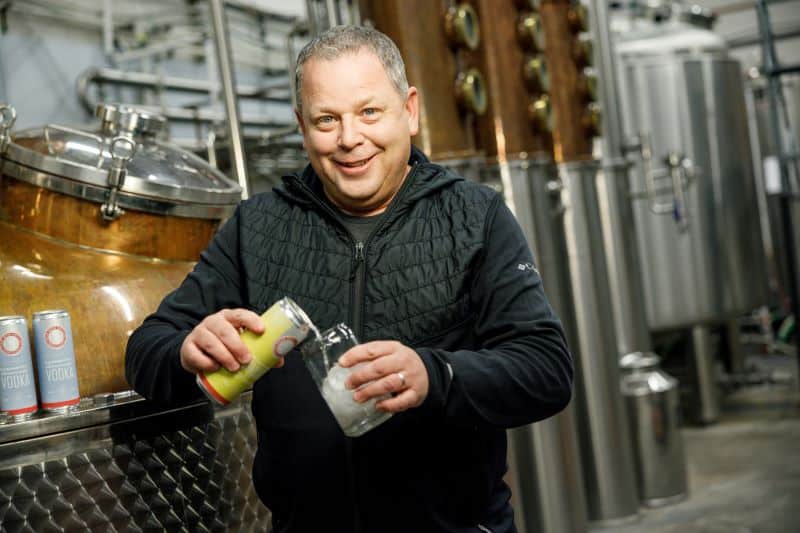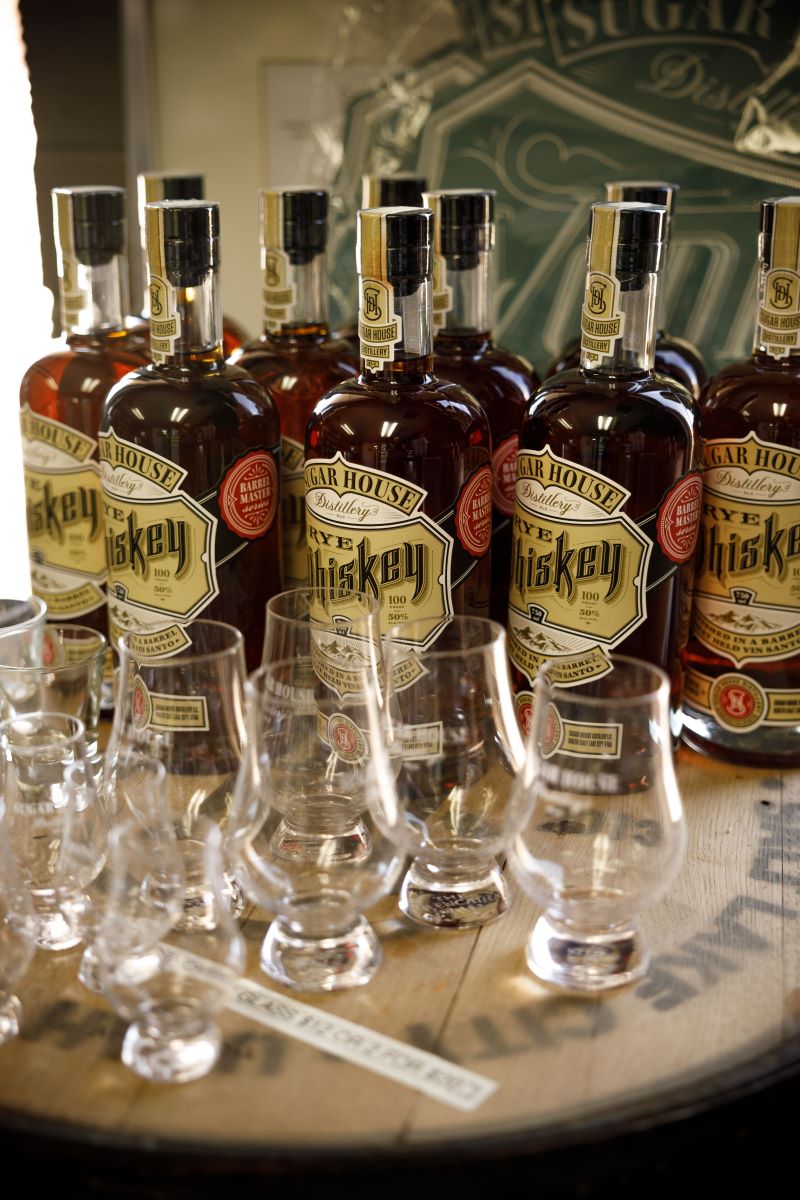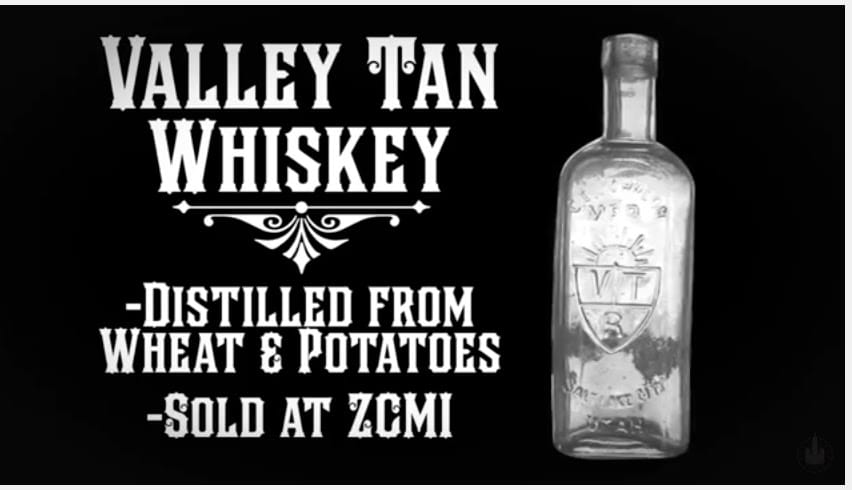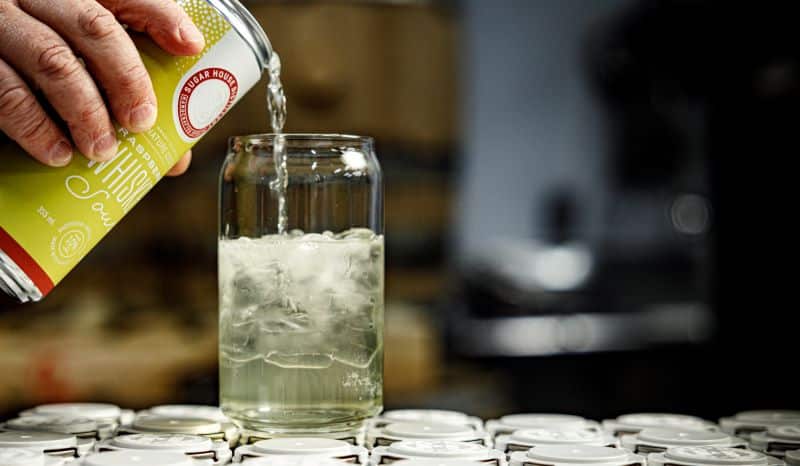
Under the pretense of the commerce clause, the Utah DABC is intentionally using a system that is designed to suppress the sales of local distilleries and spirits. Why?
According to James Fowler, the owner of Sugar House Distillery, the system is designed to “produce the highest amount of bottle turns” for inventory maximization. This elicits the question of why is the bottle turn (favoring the cheap liquor that moves the fastest) the overall goal and not generating revenue. The Utah DABC and taxpayers, collect the highest amount of tax revenue by maximizing sales. The sales can be maximized by giving local distilleries good placement in the liquor stores.
Under this new model Barton’s vodka, for example, a $10 bottle of vodka packaged in a plastic bottle, gets shelf preference over a locally-distilled vodka, that is made from local grain (using local farmers) and producers and contributes 3 times more to the local economy than bigger brands.
Why is this happening? Fowler answers that it was the decision of the Utah State Legislature. One cannot help wondering who may be behind these efforts of undermining local distilleries.
He added that nevertheless Tiffany Clason, the new Director of the DABC, is doing an excellent job looking out for the best interests of the local spirit makers. Further, managers at individual liquor stores are beginning to understand that customers want to buy local spirits and support local distilleries. Consequently, they frequently override the new state inventory management system.
“Out of the 15 states that have state-controlled liquor, five of them heavily favor local distilleries,” Fowler remarks. So by helping local distilleries and breweries, these states are able to produce flourishing businesses and in turn, support both local farmers and create a stronger local economy.
Fowler regrets that in Utah new distilleries are given very little chance of success under today’s model. “They give them 18 months to prove themselves in 10 out of 51 liquor stores, this is next to impossible.” He added, “ It takes at least 3 to 5 years to build a brand.” So to succeed in such a short time by being in just 10 liquor stores in inferior shelf spaces is an impossible task.

Since the inception of Sugar House Distillery Fowler partnered with a farmer in central Utah for all his corn. Buying his corn from this farmer eliminated the middleman and helped the farmer’s business to become far more viable. The other local distilleries followed his suit maintaining the true Utah pioneer spirit.

From the 1840s through the 1870s Mormon pioneers partnered with farmers to distill a hard liquor called Valley Tan. Both pioneers and prospectors who came through Salt Lake heading west for the gold rush greatly benefited from the sales and the cash generated from this liquor.
WATCH THE VIDEO
RELATED CONTENT
The Best Canned Cocktails Made in Utah
Waterpocket Distillery Introduces Utah to Exotic Flavors of Botanical Spirits
Spirits of Ogden: Ogden’s Distilleries Welcome You
The Great Story of Dented Brick Distillery
Outlaw Distillery Distilling One of the Best Rums in America
Subscribe to Utah Stories weekly newsletter and get our stories directly to your inbox






